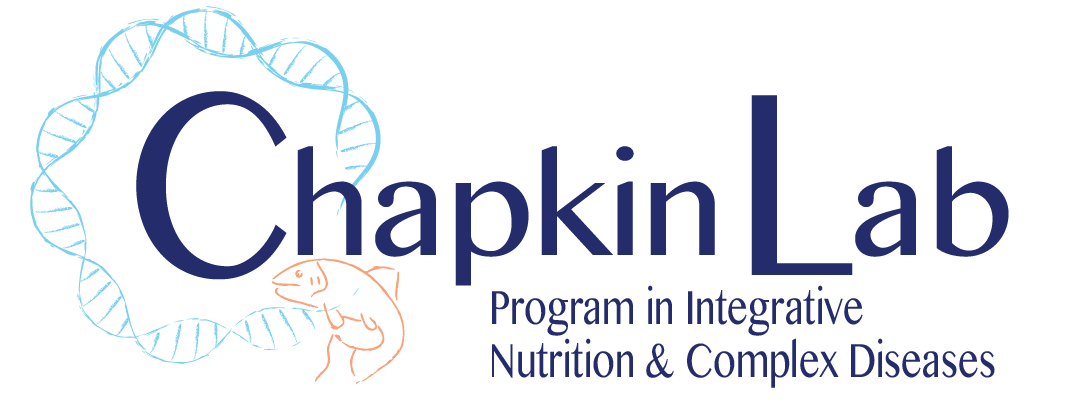
When a loved one is diagnosed with cancer, the first ques-tions that most often come to mind are “why did this happen to them” and “what can I do”. Faced with this very situation, Dr. Ivan Ivanov, clinical associate professor in bioinformatics at the Texas A&M College of Veterinary Medicine & Bio-medical Sciences (CVM), began a journey helping advance research that one day may be able to answer those questions.
While much has been learned about cancer through inno-vative research, the rapid advance of technology has added complexity to the search for a cure. The ability to share information and perspectives across disciplines is transform-ing collaboration by bringing together investigators with dif-ferent scientific backgrounds and from different institutions.
To create new knowledge in this multidisciplinary envi-ronment requires the ability to ask questions and design studies that are based on scientific principles, and commu-nicating that complexity requires a common foundation—a foundation Ivanov is helping to build. However, it was more than an interest in collaboration and complex systems that led Ivanov to his research in cancer biology. It was a series of impactful life events.
The Journey Begins
Ivanov’s interest in mathematics began as a young boy in the former Communist country of Bulgaria. As a middle school student, Ivanov’s teacher suggested he apply to a national high school in Bulgaria that specialized in math-ematics. After speaking with his mother, he decided to try for admission, and was accepted after having to take two required entrance exams.
“The first exam was written, and then if you pass that one, they send you to a camp where, for a month, professors from the mathematics department in Sofia University teach very complicated—from my perspective—mathematics to middle schoolers,” said Ivanov. “From there, I went to the university, and I was successful because the teachers I had at the high school were not ordinary teachers. They were university professors. They ignited one’s curiosity, and that was very exciting.”
While still a mathematics student at the university, Iva-nov’s former father-in-law was diagnosed with cancer and he deteriorated quickly. “I was thinking how he could be such a great man, a nonsmoker, a good father and husband, a hard worker—he does everything right and then he’s hit by this disease,” said Ivanov. “He died after two months. I carried him around in my hands because he lost 50 percent of his weight. I wondered how this could be helped. I was just a mathematician, a mathematics student. I didn’t know anything about biology, and it was very complicated to me.”
Orginally Published at CVM Today.
